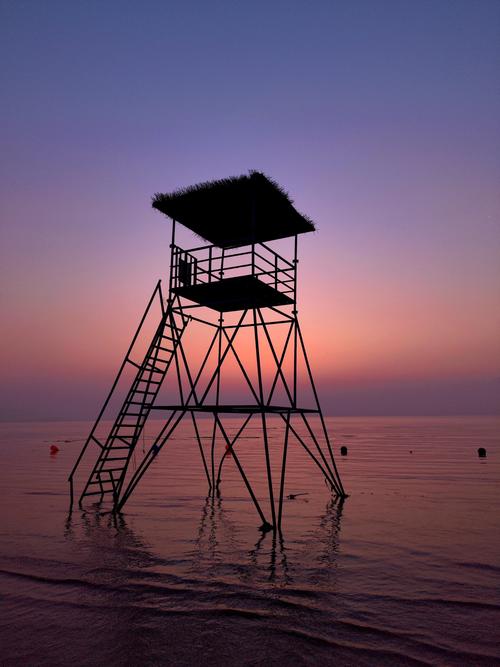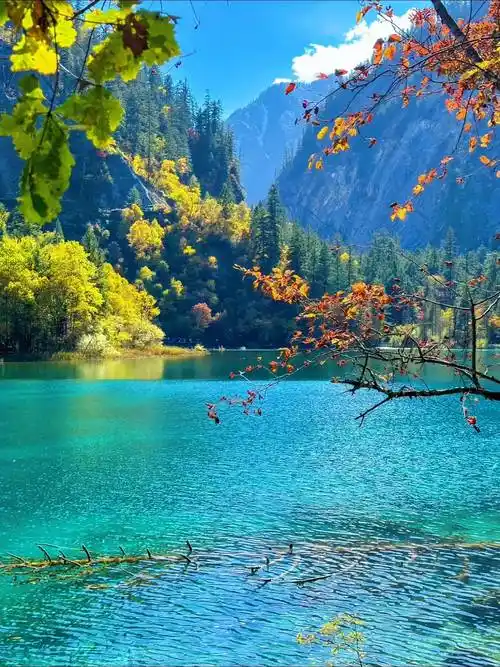Global Travel Information
Elbe River Farmer Retreats: Connect with the Land
Elbe River Farmer Retreats: Reconnecting with the Land
In an age defined by digital saturation, urban sprawl, and a growing sense of disconnection from the natural world, a quiet revolution is taking root along the banks of the Elbe River. Stretching from the rugged highlands of the Czech Republic to the tidal flats of the North Sea in Germany, the Elbe is more than a waterway; it is a lifeline, a historical witness, and the fertile heart of a region now offering a unique antidote to modern alienation: the farmer retreat. These are not typical agritourism holidays. They are immersive, hands-on experiences designed for those yearning to dig their hands into the soil, understand the rhythms of the seasons, and forge a tangible, meaningful connection with the land that sustains us all.
The Elbe River Basin, with its rich alluvial soils, has been an agricultural cornerstone of Central Europe for centuries. The landscape is a picturesque tapestry of working farms, vineyards clinging to sun-drenched slopes, ancient meadows buzzing with life, and forests whispering old secrets. It is within this context that a new generation of farmers, stewards of this heritage, are opening their gates. They are not just producers of food; they are educators, conservationists, and hosts, offering a bridge back to a simpler, more grounded way of life. A farmer retreat here is an invitation to step into their world.
The philosophy underpinning these retreats is a blend of Bildung (education) and Erholung (recreation). The goal is not merely to observe, but to participate. Guests, or perhaps more accurately, temporary apprentices, wake with the sun. The day might begin with the mist rising off the river, a cup of herbal tea made from garden-grown plants, and a briefing on the day’s tasks. This is where the real work—and the real magic—begins.

Participants might find themselves in the vegetable garden, learning the difference between weeding and harvesting, understanding companion planting, and tasting a sun-warmed tomato straight from the vine, a flavor so profound it redefines the very concept of "tomato." They might assist in the care of animals, feeding contented Mangalica pigs or helping to herd robust Racka sheep to a new pasture, learning about rotational grazing and its benefits for soil health. In the orchards, the task could be pruning apple trees or harvesting pears, with the promise of helping to press them into crisp, sweet juice later in the day.
This hands-on labor is transformative. In a world where so much work is abstract—conducted on screens, measured in data points, and yielding intangible results—the physical act of planting a seed, milking a cow, or building a compost heap provides a deep, primal satisfaction. There is an immediate and undeniable cause and effect. You nurture, and you are rewarded with growth. You care for the soil, and it cares for you. This re-engagement with the physical world is a powerful remedy for anxiety and a potent source of mindfulness. Your focus narrows to the task at hand: the feel of the earth, the sound of the leaves, the weight of a basket of vegetables. The incessant noise of modern life simply fades away.
Beyond the daily chores, these retreats are deep dives into the ethos of sustainability. Farmers along the Elbe are often at the forefront of ecological practices, working with the river’s natural cycles rather than against them. Participants learn about the importance of preserving heirloom seed varieties, the critical role of pollinators, and the science and art of creating healthy, living soil through natural composting and no-till methods. They see firsthand how a polyculture farm creates a resilient ecosystem, where plants, animals, insects, and humans exist in a symbiotic relationship. This is knowledge passed down not from a textbook, but from experience, shared over a shared meal made from the very ingredients harvested hours before.
The culinary experience is, unsurprisingly, a cornerstone of the connection. Meals are a celebration of hyper-local, seasonal abundance. There is no menu; there is only what the land provides that day. A simple lunch of dark rye bread baked in a wood-fired oven, topped with fresh cheese and radishes, becomes a feast. A stew simmering with the day’s harvest tells a story of the farm’s fertility. These meals are eaten communally, often at long wooden tables under the vast Elbe sky, fostering conversations about food systems, ecology, and personal reflections on the day’s work. The river itself provides, too, with some retreats offering fishing excursions, teaching sustainable angling practices to catch pike or perch for the evening meal.
The connection extends to the river itself. The Elbe is the central artery of this region, and any true connection to this land involves understanding its flow. Retreats often incorporate time on the water—whether a silent canoe trip at dawn, a guided walk along the floodplains learning about the unique riparian ecosystem, or simply sitting on its banks, contemplating its steady, relentless journey to the sea. The river teaches lessons of persistence, adaptability, and the interconnectedness of all things, from the mountain source to the ocean destination.
Perhaps the most enduring takeaway from an Elbe River farmer retreat is not a skill or a fact, but a feeling: a profound sense of belonging. It is the realization that we are not separate from nature; we are a part of it. This rekindled relationship fosters a deep sense of responsibility. Guests leave not just with memories of a peaceful holiday, but with a new lens through which to view their choices—from the food they buy to the way they engage with their own local environment. They become ambassadors for a more conscious, connected way of living.
In the end, Elbe River Farmer Retreats offer more than just a escape from the city. They offer a return to something essential. They are a pathway to reconnecting with the land, with the source of our nourishment, and ultimately, with a part of ourselves that modern life often encourages us to forget. It is on these farms, with dirt under our fingernails and the taste of real food on our tongues, that we remember who we are and where we truly belong.
相关文章
- Elbe River Time-Lapse Videos: Watch the River Change Over Time
- Elbe River Documentaries: Learn About the River’s Story
- Elbe River TV Shows: Episodes Filmed Along the Banks
- Elbe River Podcasts: Listen to River-Related Content
- Elbe River Radio Stations: Local Music Near the Water
- Elbe River Newspapers: Local News Along the Banks
- Elbe River Magazines: Local Publications to Read
- Elbe River Blogs by Locals: Insider Tips from Residents
- Elbe River Expats’ Guides: Advice for Foreign Residents
- Elbe River Students’ Guides: Tips for International Students
发表评论
评论列表
- 这篇文章还没有收到评论,赶紧来抢沙发吧~

